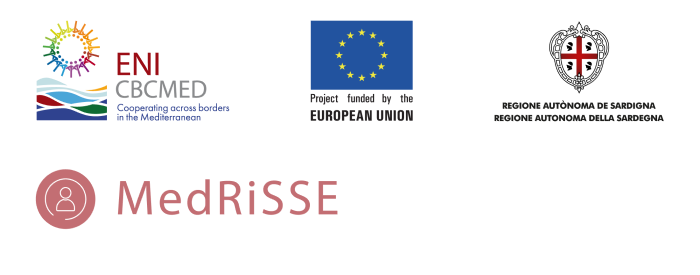IESS! Employment Initiatives in the Social and Solidarity Economy for job creation through SSE
iESS! was implemented in Tunisia. It sought to promote sustainable employment opportunities, especially for youth and women, by creating and strengthening the network of SSE enterprises in 4 Tunisian provinces. iESS! operated at 3 levels: micro, meso and macro.
In this case study, we will focus on the macro level, as this is the level that consists of setting up support structures for the SSE, with two multi-service territorial support centres (CitESS) in Sidi Bouzid and in Mahdia to support the local SSE organizations through various services including funding and networking, and four coworking and incubation spaces (known as Lingare) in 4 Tunisian regions.
One of the project’s indirect achievements is the Tunisian framework law on the SSE in 2020, a policy achievement for which the project’s consortium partners and SSE community lobbied actively. However, the law’s application decrees have not been issued to date, leaving room for advocacy efforts to operate.
The CitESS, a SESO with built-in social innovation potential, is the project’s main co-production initiative it has outlived the project and appears to be on the right track for sustainability.
The CitESS represents the physical or virtual grouping, within the same geographical area, of a set of complementary and synergistic local services/structures to which any SSE entrepreneur (with priority given to women and young people) can turn to in order to get support for the creation, development and sustainability of their enterprise. It can be assimilated to a local platform, hub, a cluster, or a one-stop-shop for incubating and supporting SSE organizations. It is set up as an association with partners from the public, private, and SSE sectors, and offers SSE actors, whatever their development stage, legal support, counselling, capacity building, networking, marketing services, eases access to information and to finance, etc.
The CitESS can consistently be considered a model of social innovation. It is in itself an SSE organization, borne by the SSE, and is based on strong collaboration with the local public sector. Moreover, it aims –through a series of co-produced supportive services, to improve the economic and social situation of the beneficiary social enterprises (whose aim is, all the more, to keep conceiving and providing innovative social services), and by doing so, has direct and indirect positive spillovers on the SSE community and on society as a whole, with job creation dynamized, and youth and women employment directly impacted.
The CitESS is, according to the implementing partners of iESS!, the main achievement of the iESS! project. The project was actually built around the concept of setting up SSE clusters in underprivileged Tunisian regions. According to iesMed, one of the leading consortium partners who implemented iESS!, the concept and model of CitESS is a promising one, worth replicating around the Mediterranean basin, with the ultimate ambitious objective of creating a network of CitESS across the Mediterranean, setting serious grounds for the development of the social and solidarity economy in the region, and hence contributing to levelling the developmental gaps that have been cumulated by the Middle Eastern and North African Mediterranean countries in terms of SSE concepts, initiatives, legal frameworks and integration within the national ecosystems. Basically, the iESS! project has established the CitESS as a sort of SSE label with potential for growth and intrinsic replicability.
